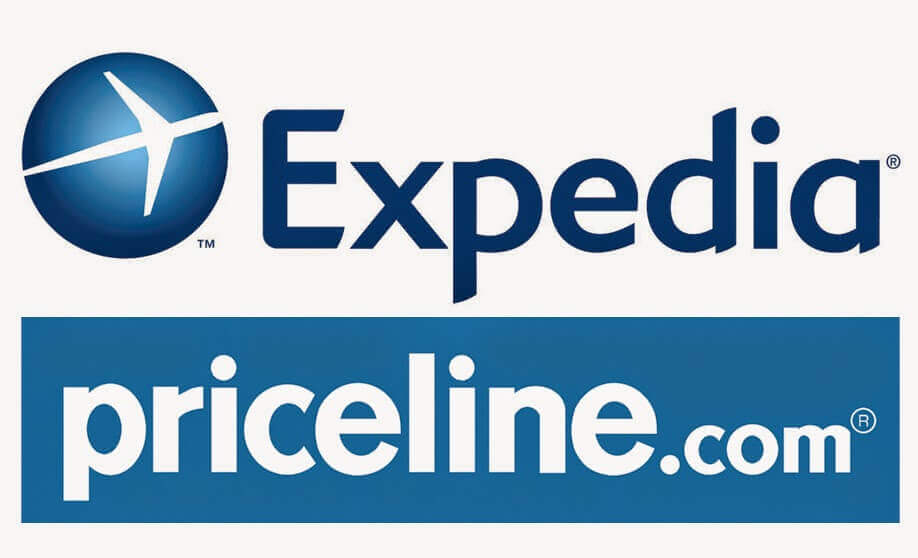
An older gentleman stands in front of a temple in Siem Reap, Cambodia, gazing up in wonder as sunlight glints off his white hair and wizened face. As he begins to ascend the steps built into the temple ruins, it’s clear he’s not just making the sightseeing rounds, but fulfilling a yearning decades in the making.
This 30-second commercial for Expedia highlights the online brand not as just a website that books vacations, but as a company that delivers dreams.
“In the old days, we would just show you an ad about people traveling to a destination,” says Vic Walia, VP of global brand marketing at Bellevue, Washington-based Expedia. “The insight when it comes to creating an ad now is, ‘Let’s find the right activity and build the ad around that.’ ”
When they started, online booking services like Expedia and Priceline were the disrupters. Now they are the ones being disrupted by the digital duopoly of Facebook and Google, as well as Airbnb, which days ago began its own aggressive ad campaign against online agencies—a direct invitation to hotels to partner with Airbnb. Add to that renewed competition from hotel chains using data garnered from rewards programs to offer tailored travel experiences to customers, and online bookers are feeling the squeeze and seeing investor pullback.
No longer able to rely simply on price as a point of difference, Expedia and rival Booking Holdings, which owns Priceline, are fighting back by offering events and activities beyond hotel and airline reservations and spending lavishly to market directly to consumers. Indeed, events provide more growth opportunities for such companies and also help appeal to the changing consumer tastes of the millennial market.
In 2016, Expedia spent $1.6 billion on total U.S. advertising, up 17 percent from 2015, according to Ad Age Datacenter. And Booking Holdings, which owns Kayak and Booking.com, spent $415.3 million on measured media, up 83 percent over 2015.




